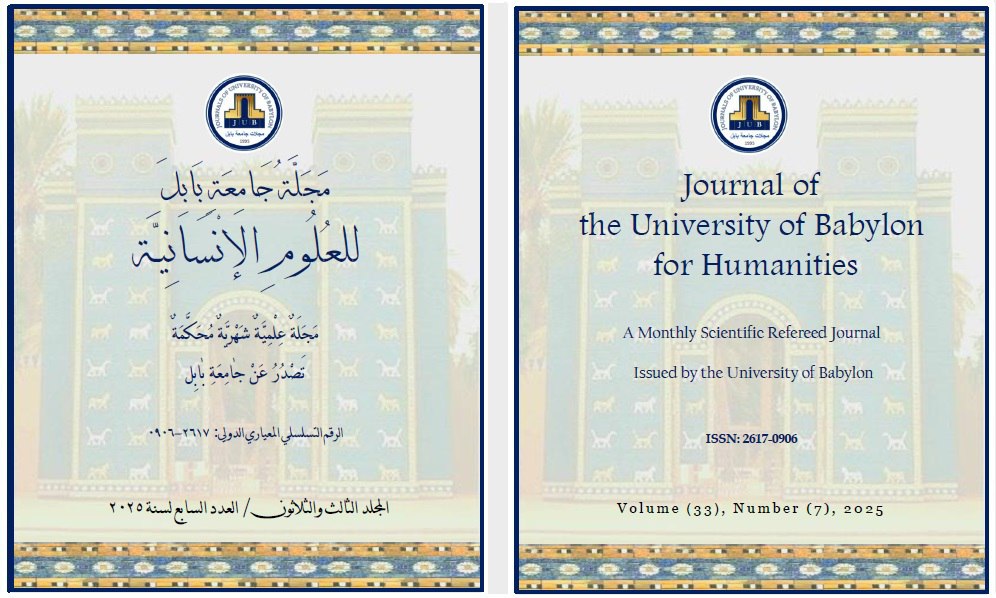A pragmatic Analysis of Negotiation Tactics among Egypt, Ethiopia and Sudan Concerning the Crisis of Renaissance Dam
Main Article Content
Abstract
In many facets of life, such as intimate partnerships, commercial dealings, and international diplomacy, negotiation is essential. A thorough comprehension of the value of negotiation can enable people to successfully negotiate difficult situations and get the results they want. The current study aims to analyze samples of negotiation among three nations (Egypt, Ethiopia and Sudan) about the renaissance dam on the Nile River basing on Searle’s (1969) Speech Act Theory to provide us with a framework for understanding the complexity of human communication on one hand and the profound influence of words and negotiation skills, on the other hand to reach to satisfactory solutions for all parties. The current study depends on the following processes in order to fulfill its objectives: reviewing the literature on negotiation tactics between these parties regarding the Nile River dam project; surveying the literature on related pragmatic and discursive concepts and the theoretical underpinnings of the study. The study hypotheses that the pragmatic tools of Searle among parties may enhance negotiation tactics. The study's findings unequivocally show how ineffectual it was to use Searle's (1969) speech acts as a template for these three nations' negotiations. Large diplomatic disparities were evident in the overall outcome and effectiveness of those discussions, as Commissives expressions dominated those negotiations (58%), followed by Directives (23%), and Expressives ranked third (10%). Assertives and Declarations acts were not employed at all (0%).
Article Details
Issue
Section

This work is licensed under a Creative Commons Attribution 4.0 International License.

